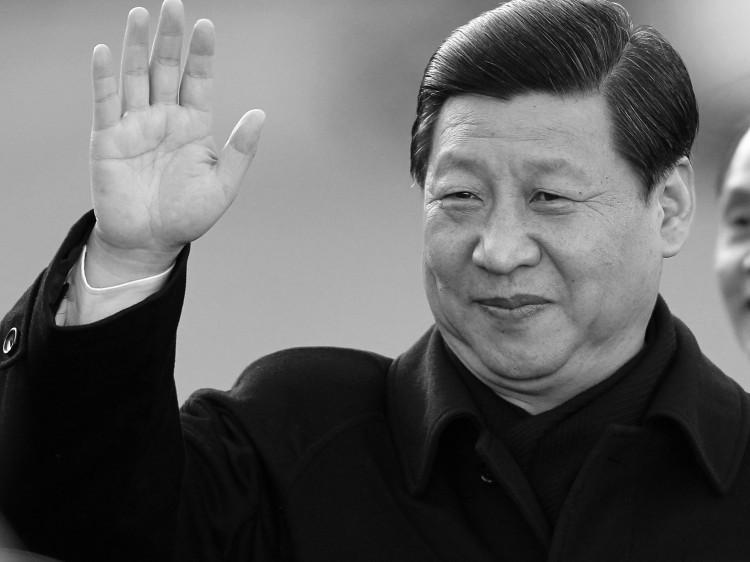When a Chinese official gets busted for corruption, what does he do? Bribe his way out. A series of recent reports in the Chinese press show how convenient it is for Communist Party apparatchiks, who have been sentenced to prison, to simply pay a fee and be let out of jail on “medical parole.”
Lin Chongzhong, the vice-mayor of Jiangmen City, Guangdong Province, was sentenced to 10 years in prison for corruption. But after the verdict he continues to live in a mansion, drive his BMW, and frequent the same unsavory nightspots.
A Southern Weekend report on Oct. 28 notes that Lin’s “medical parole” cost him only 100,000 yuan (US$15,740). He was chauffeured from the court house straight home.
Former Chaozhou City Deputy Secretary-General Liu Yimin was sentenced to five years in prison for corruption, but also got medical parole. He was not sick.
A staff member at the Heyuan People’s Hospital told the Southern Weekend reporter that while it may not be all of them, a majority of high-ranking officials get medical parole during their jail terms, having fabricated some ailment.
In another case, an official sentenced to prison for over a decade, was released on medical parole and then went on to buy a plot of farmland.
Medical parole is only supposed to be applicable for serious illnesses that need immediate medical attention, or chronic diseases that cannot be treated in the prison.
Chinese Academy of Social Sciences researcher Liu Baiju said that sanction for medical parole only requires the signature of the hospital head, an official seal, and some medical charts. Chinese officials can get these easily with bribes.
The situation changes when political prisoners and prisoners of conscience get sick, though. These people, who are jailed for their political or religious beliefs, do not get medical parole.
“China’s medical parole depends on the prisoner’s political status, the prisoner’s family background, financial positions, and connections. Political prisoners and prisoners of conscience are generally not considered for medical parole,” said Ouyang Yi, a dissident, to Radio Free Asia.
Chinese human rights activists Hu Jia, Li Hong, and Guo Feixiong were put in jail on dubious charges like “attempting to subvert state power,” and in spite of genuine health problems their applications for medical parole were denied.
Practitioners of Falun Gong, imprisoned for their beliefs, are rarely if ever given medical parole, despite actual illnesses.
In May 2007, well-known poet, writer, and activist Li Hong, who had been jailed for his writings and activism (which included condemning the persecution of Falun Gong), was diagnosed with a neurological disorder that was paralyzing him due to a lack of medical treatment. His wife requested medical parole but all requests were denied. On June 5, 2010, when Li Hong became paralyzed and was unable to speak or breathe properly, he was given medical parole. He died six months later at the age of 52.



